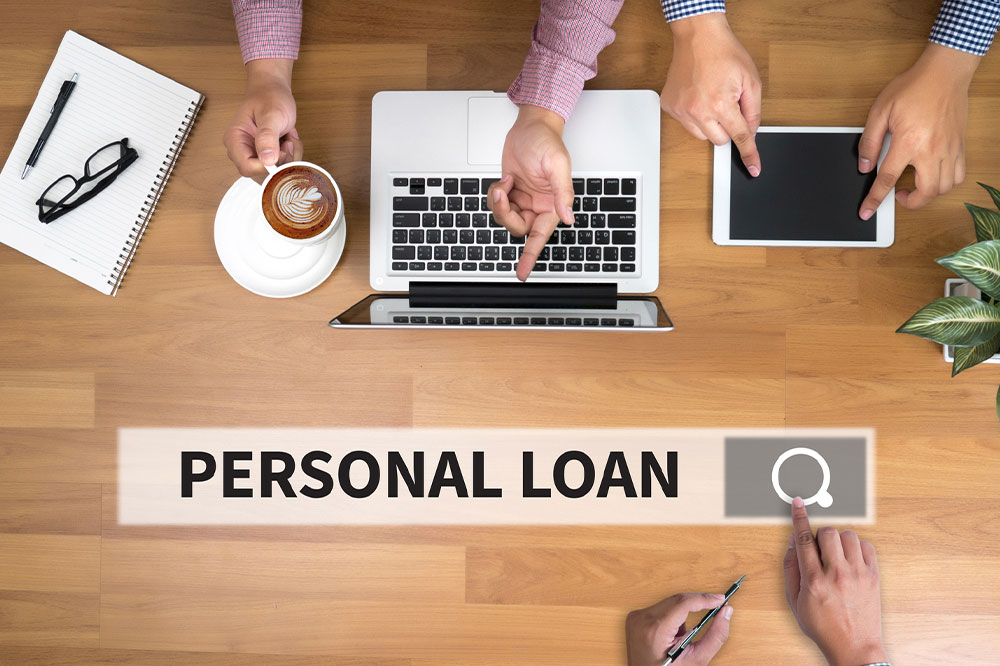
6 mistakes to avoid before taking personal loans
Personal loans allow people to make more significant and long-term investments, whether it’s a vehicle or a home. But with the host of lending options available, getting a loan can seem complicated. Every loan offer is different in terms of interest rates, loan conditions, flexibility, and fees. Since a significant chunk of one’s hard-earned money goes into loan repayments, making a hasty decision can be unwise. Here are some of the most common errors one can avoid while taking loans.
Accepting unreasonable repayment terms
Any lender requesting an excessive amount of advanced payment or an unreasonably high rate of interest should ideally raise a concern. Interest-free loans usually come with high admin fees, which can result in a significant repayment amount. One can inquire about the percentages of loan-origination fees and actual interest before taking on such an offer.
Not checking one’s credit score
Approval of one’s loan application and the rate of interest depend mainly on one’s credit score. So it’s advisable to evaluate one’s credit report and get any discrepancies sorted out with previous lenders before applying for a loan. A low score can get one’s application rejected and further bring down the score.
Not comparing lending options and overlooking fees
One is advised to research and compare one’s lending options thoroughly. Apart from the credit score, interest rates may differ based on the type of loan, the tenure, and the type of financial institution. Additionally, the borrowing agreement may also include varied additional costs like application fees, late or prepayment penalty fees, returned check fees, and origination fees. It’s ideal for reviewing clauses and charges to make the right choice.
Sending applications to too many lenders
One way to maintain a high credit score is to limit the number of applications one submits to lenders. A lender may opt for hard inquiry, requesting one’s credit report. A hard inquiry remains on one’s report for up to two years. Repeated hard inquiries can negatively impact one’s score. So, it’s advisable to shortlist a few lenders and raise a loan request only when one’s ready to move forward with it.
Not lending the right amount
Those opting for a personal loan for the first time with a good credit score may have multiple lenders offering more than one’s requirement. But borrowing more than necessary can add unnecessary financial strain. Similarly, lending less than necessary may push one to get multiple loans to meet financial emergencies. This, in turn, can negatively affect one’s credit score or even put one in a financial crisis.
Not reading the fine print
Lenders add all details regarding one’s loan in the closing documents. It is advised to review it carefully. Usually, the document contains details regarding interest calculation, acceptable payment methods, due dates, and the fee schedule. Lenders may also have various penalty fees, which may be surprising down the road. It’s advisable to read and understand the clauses and get any doubts clarified before signing the document.
Those who have a bad credit score can also apply for personal loans. Usually, a FICO score below 580 is considered bad. One can check out companies like Upgrade, LendingPoint, Universal Credit, Upstart, and LendingClub that have loaning options for those with bad credit.


